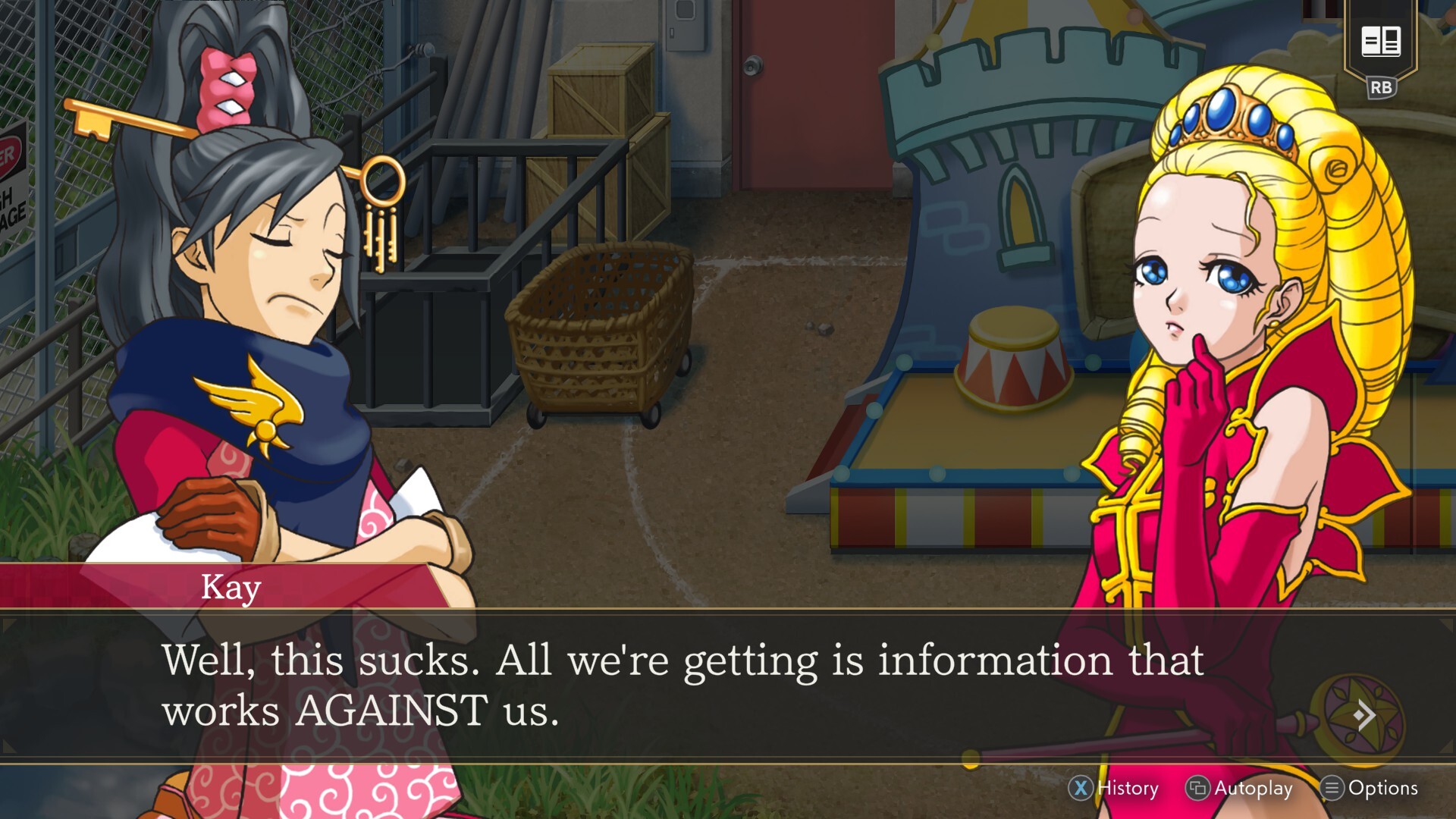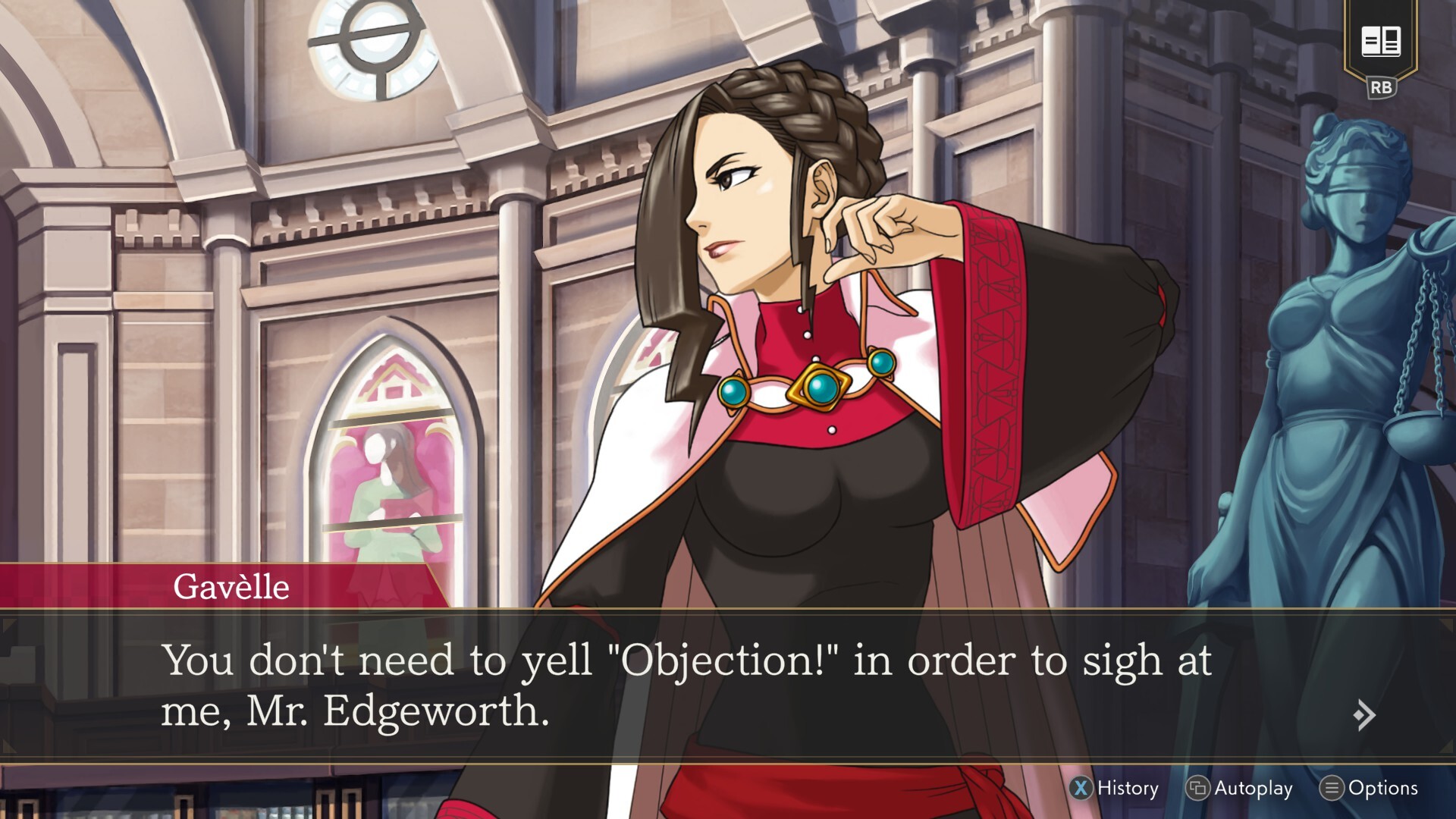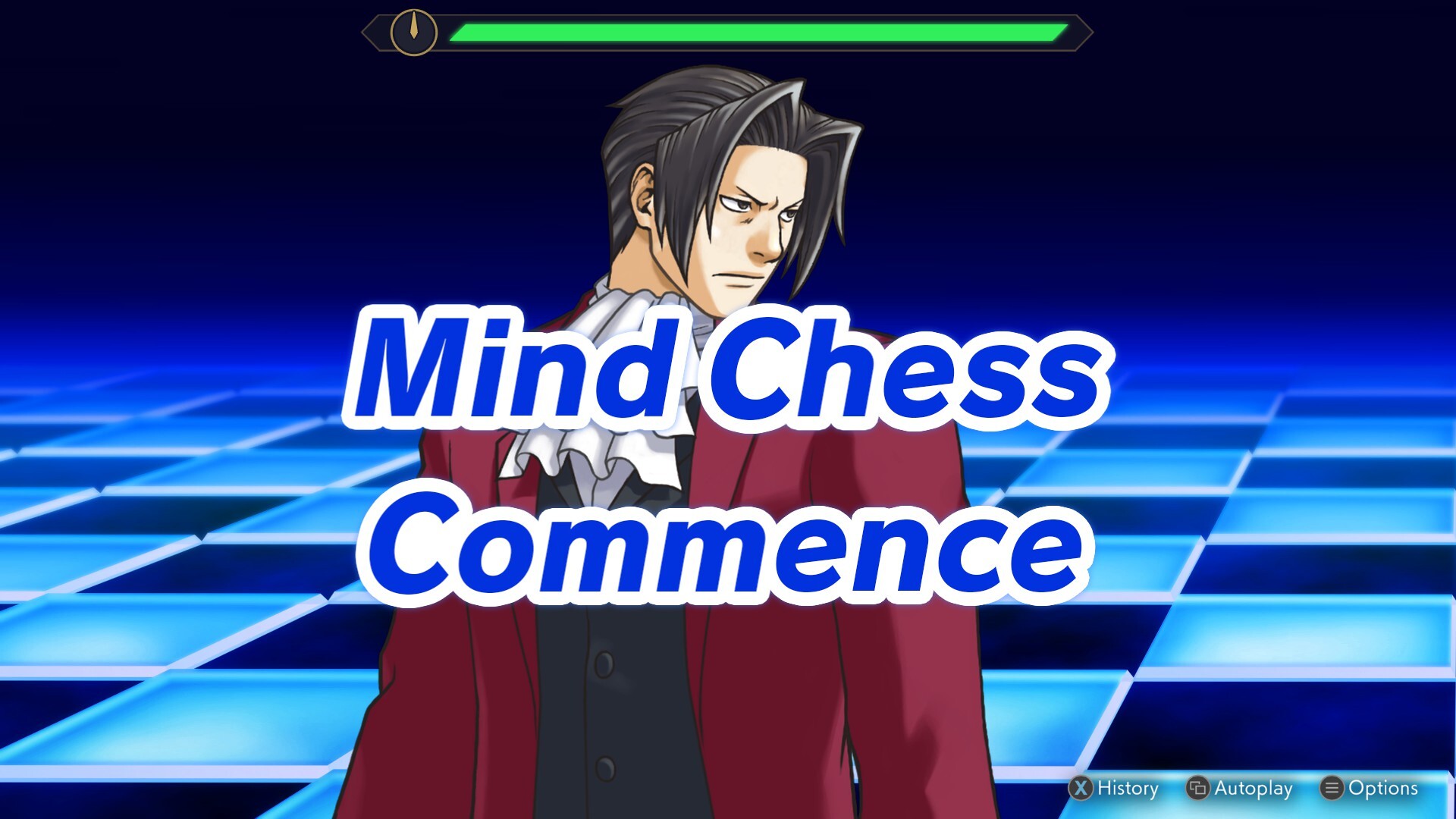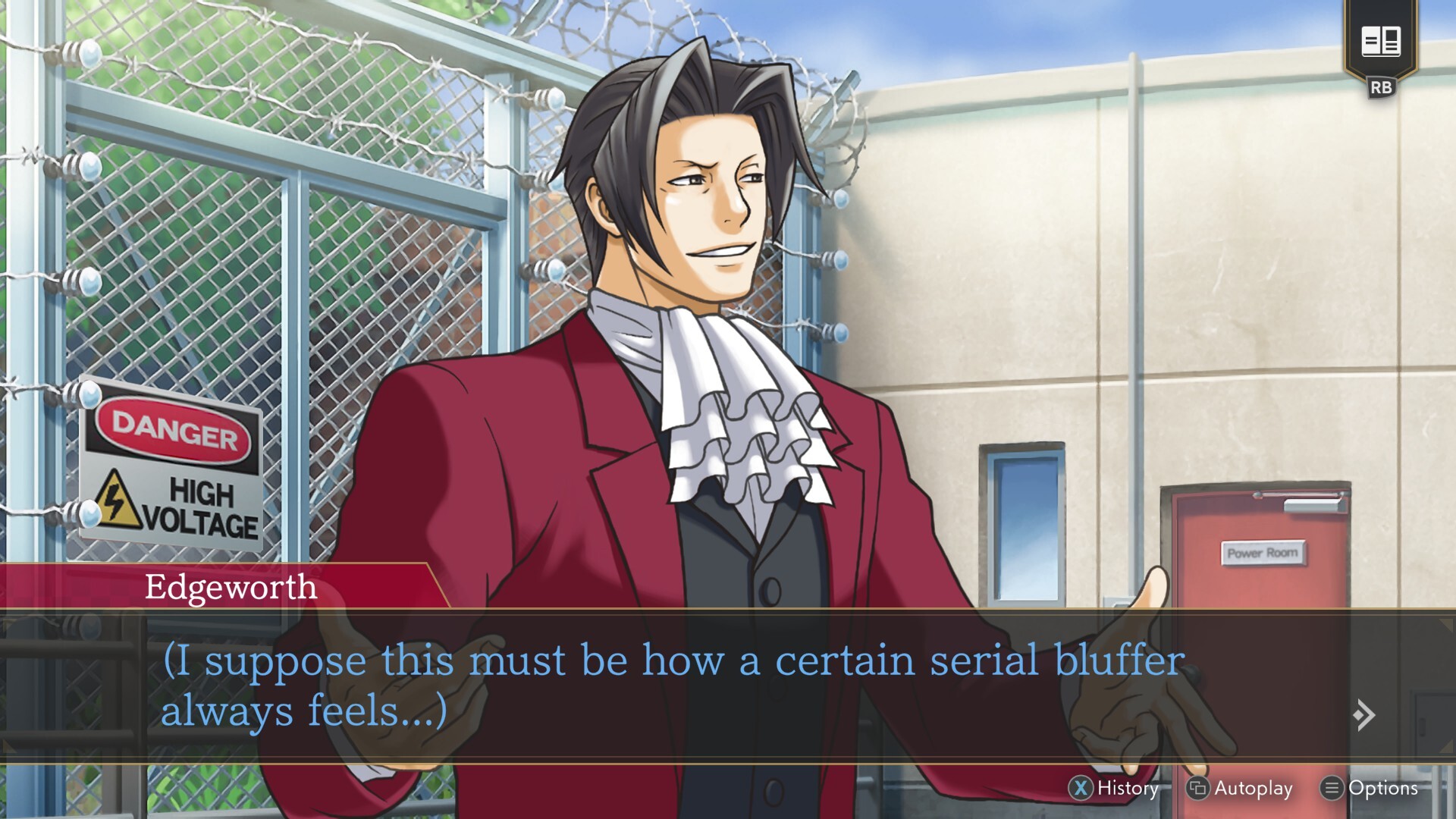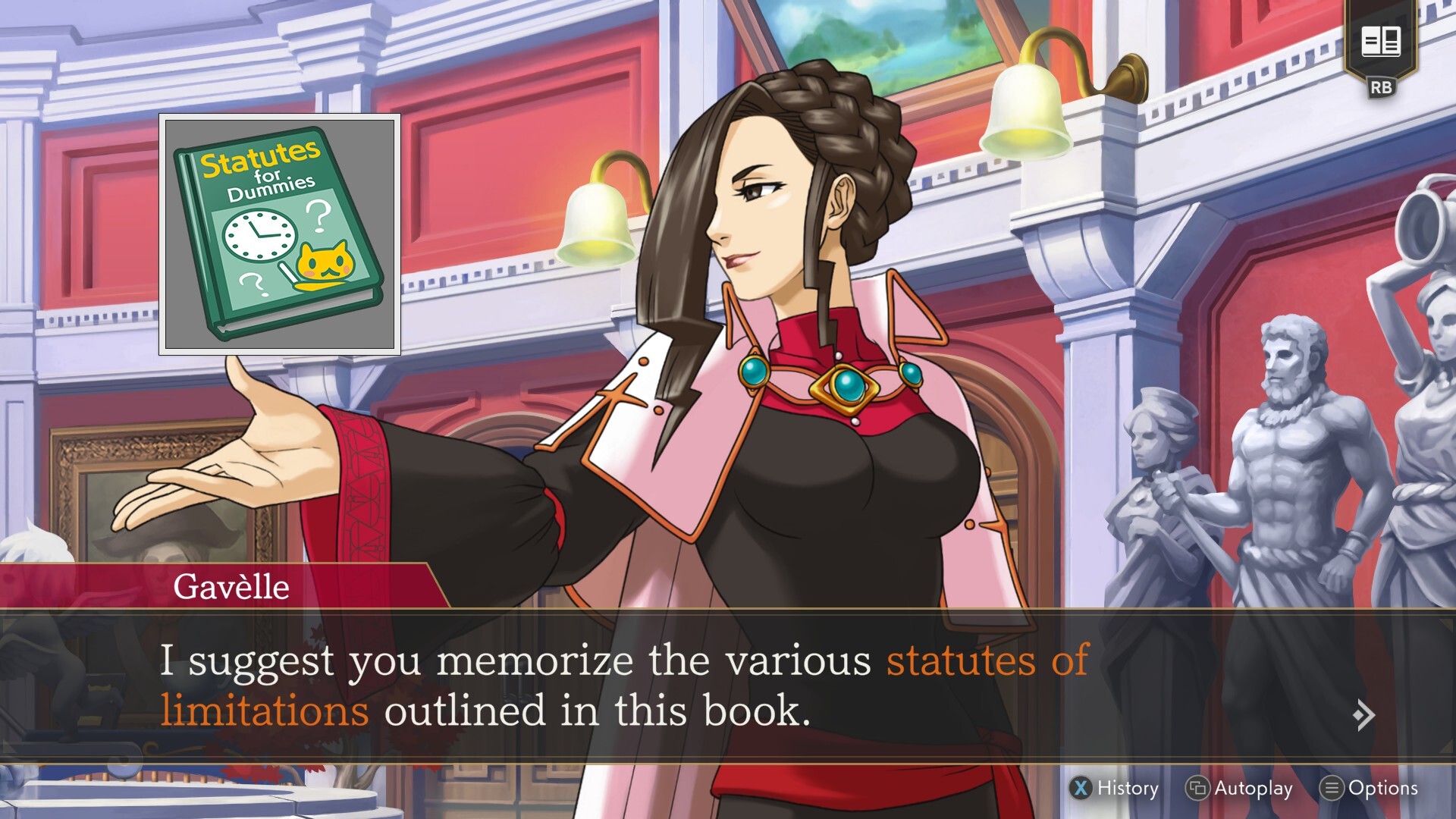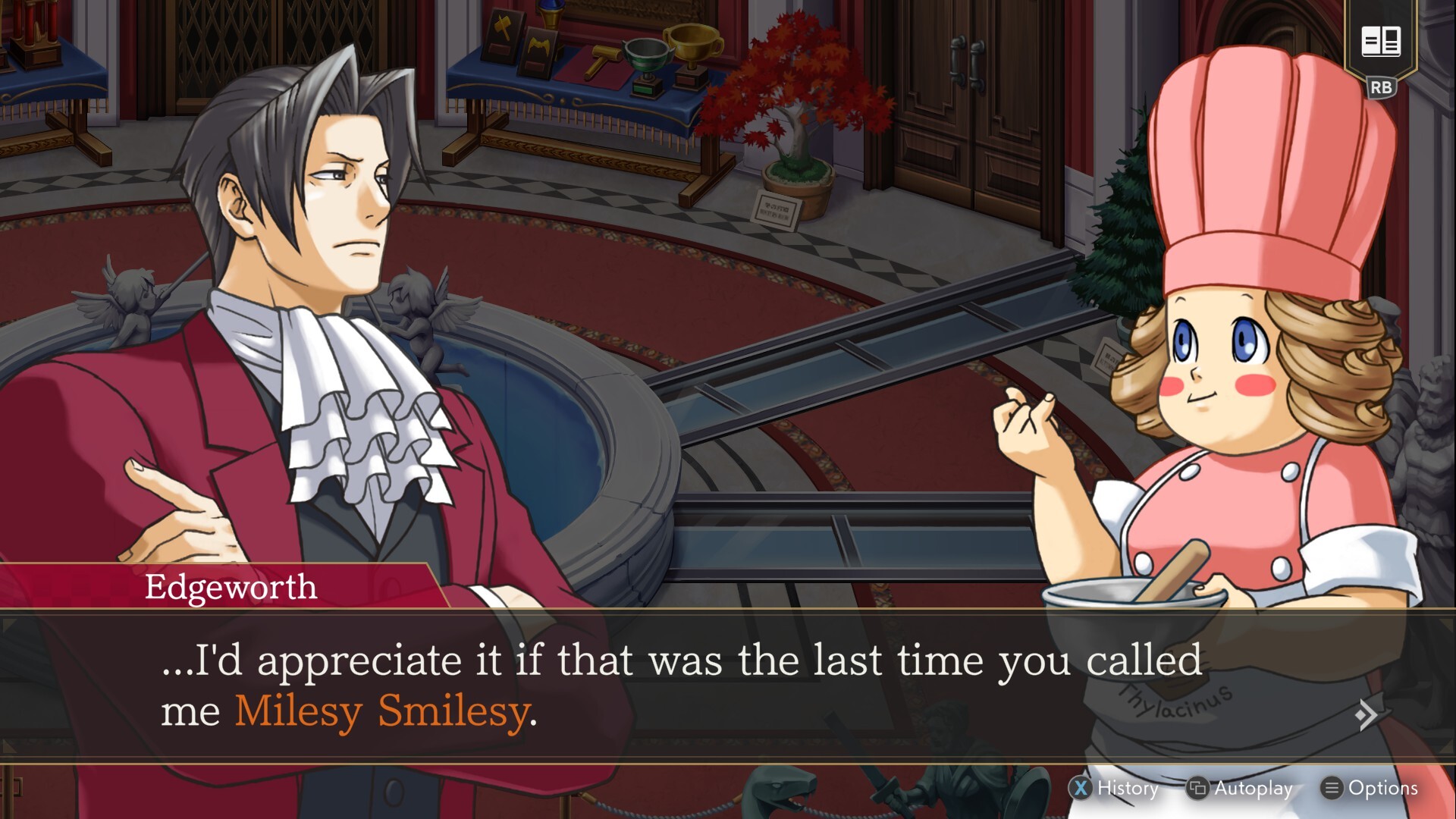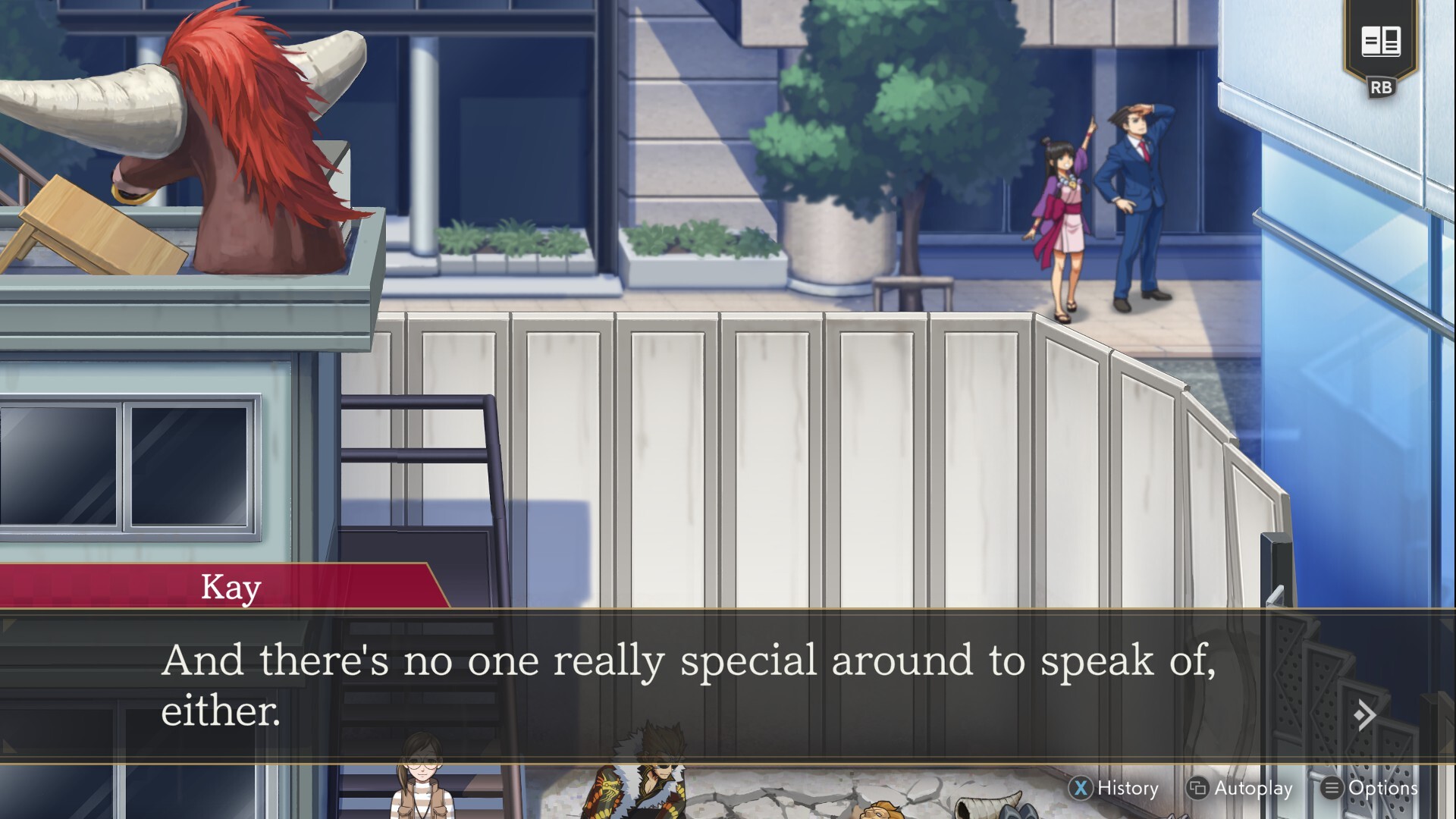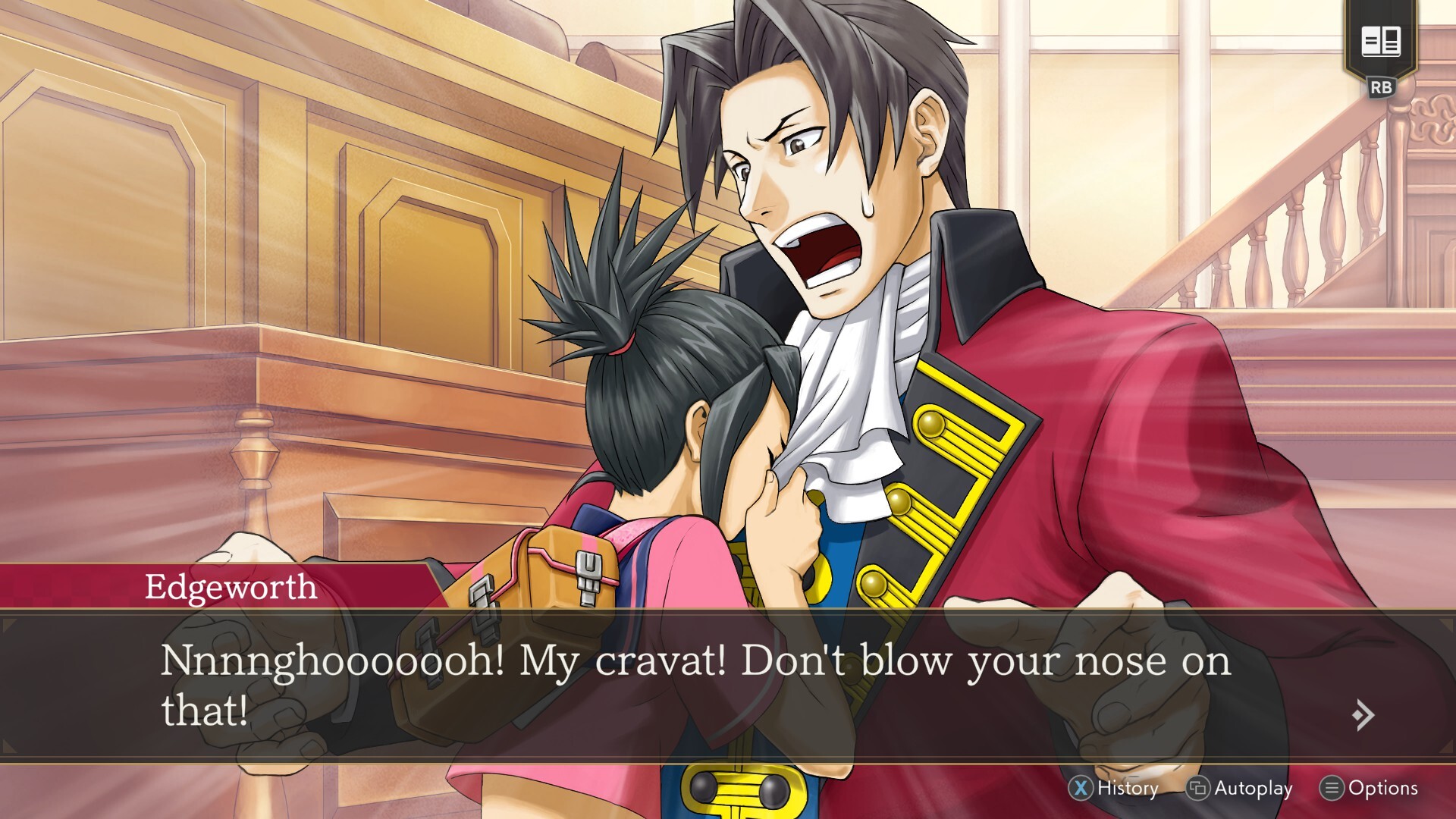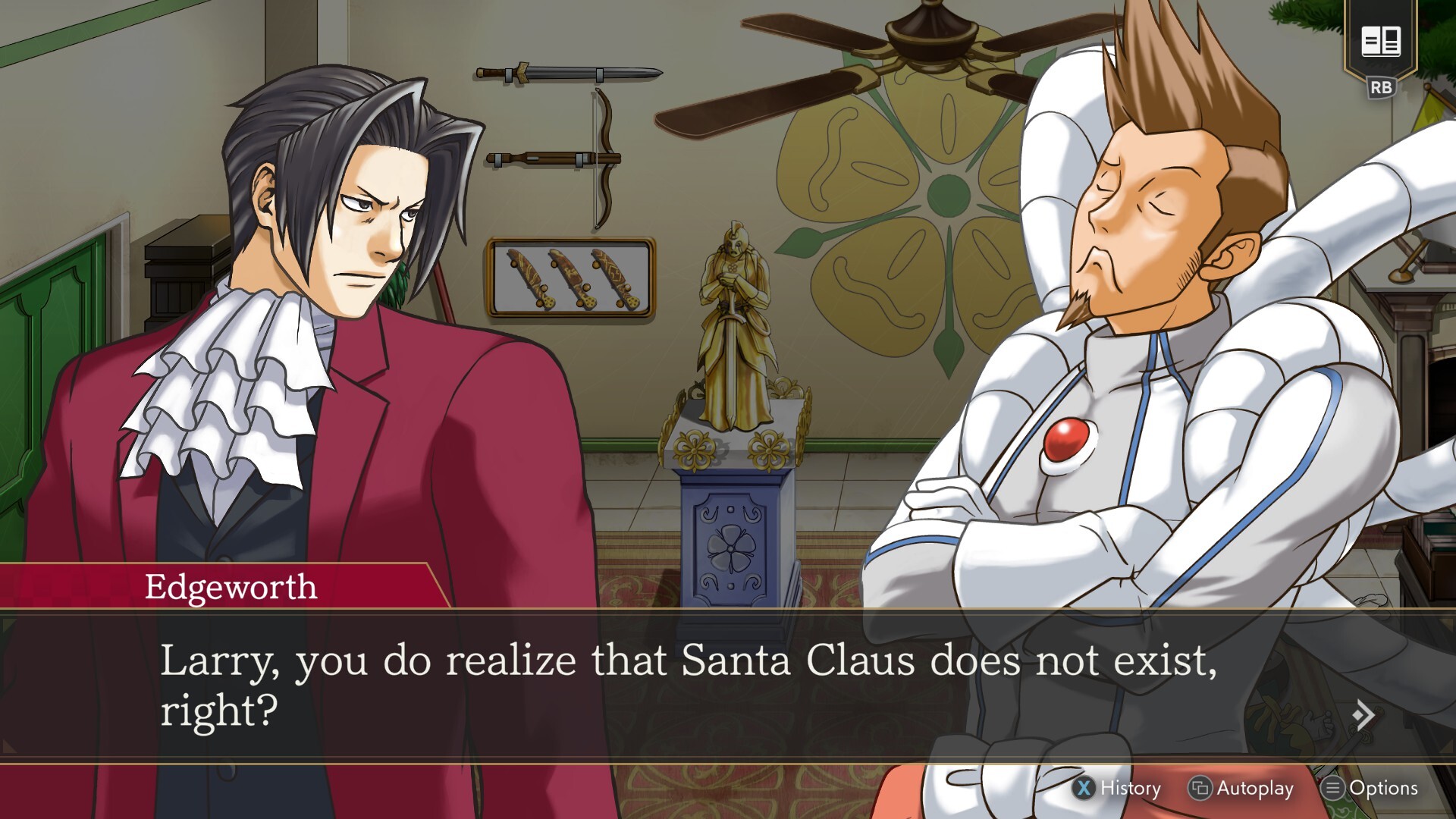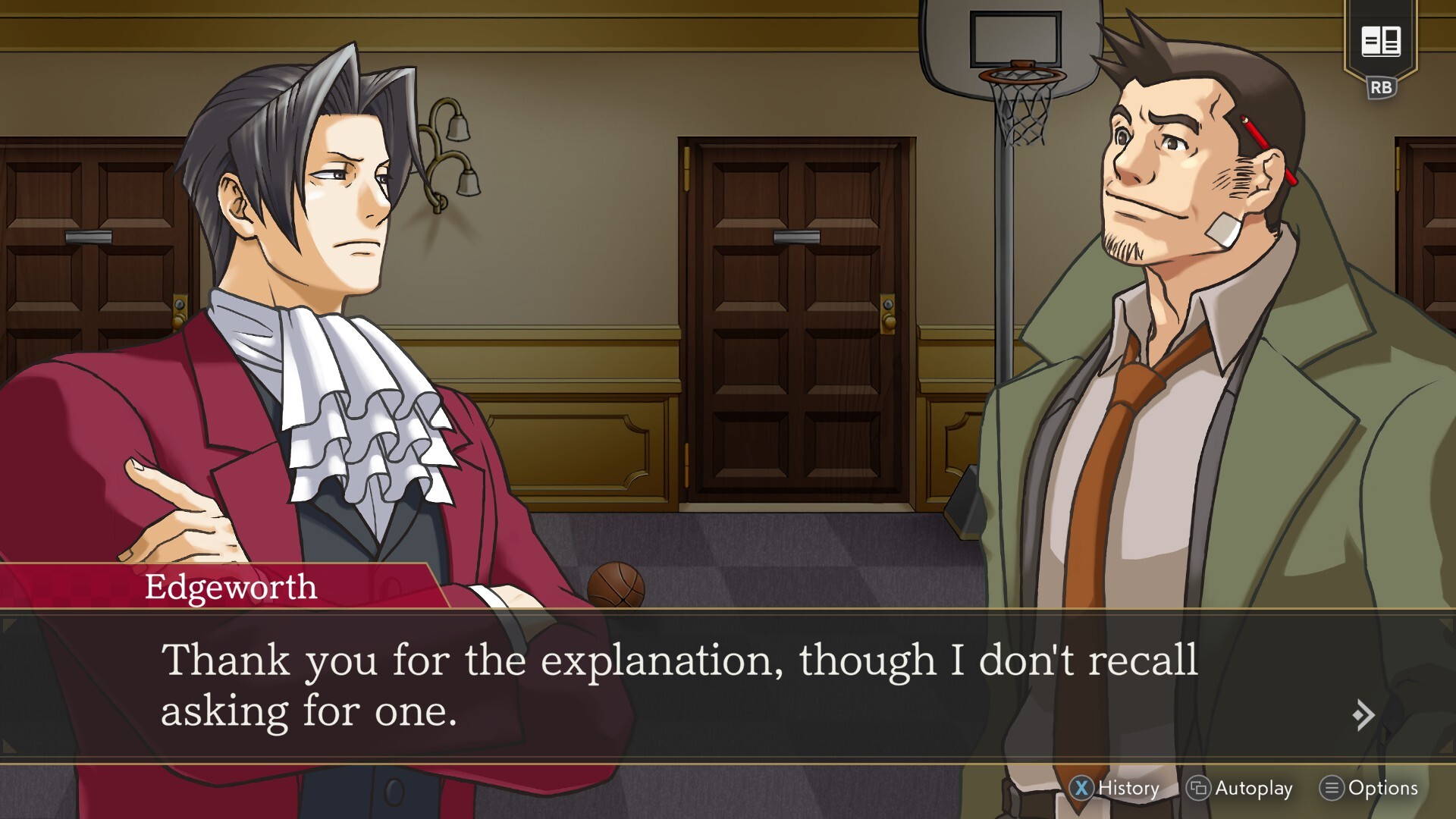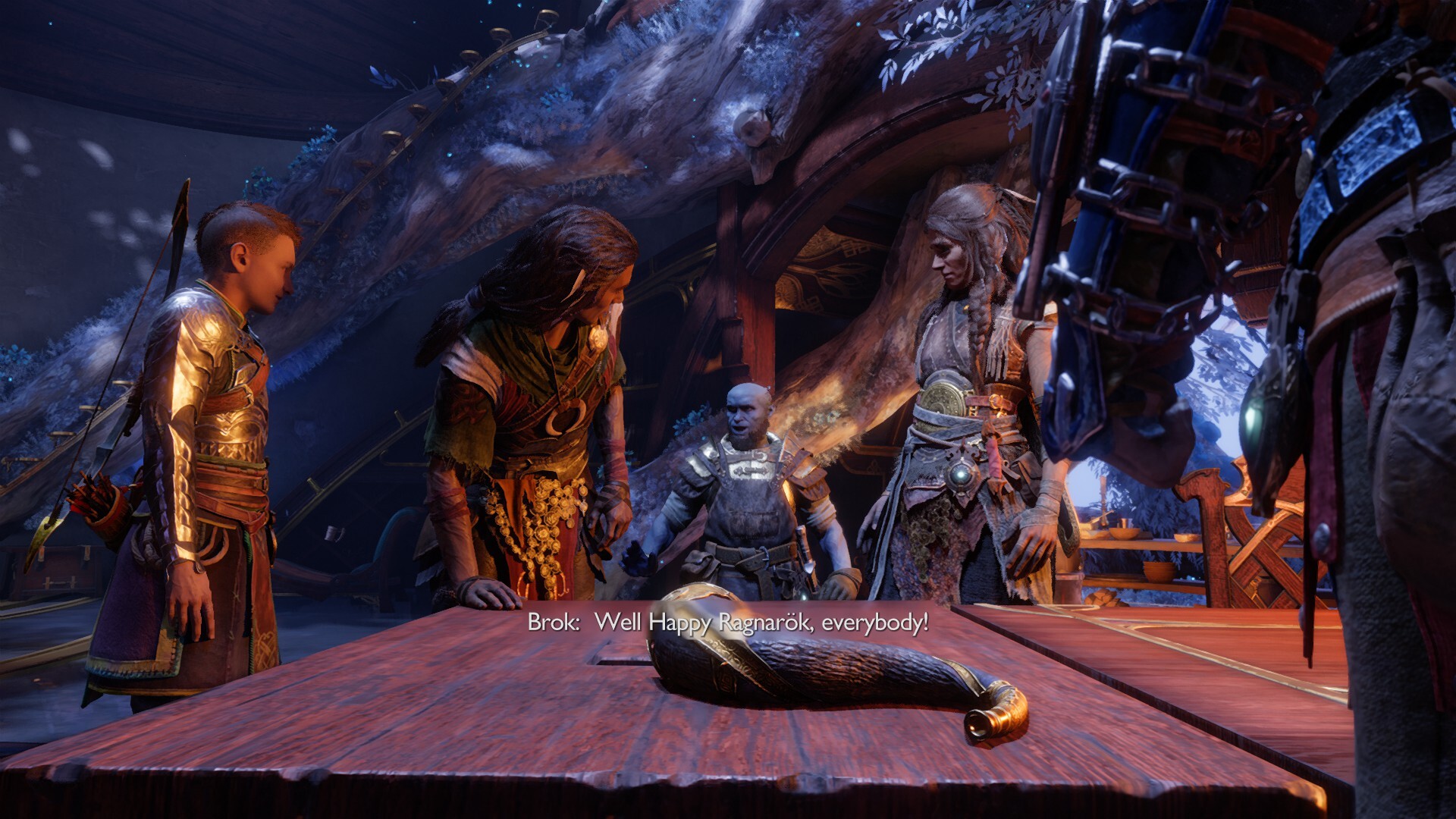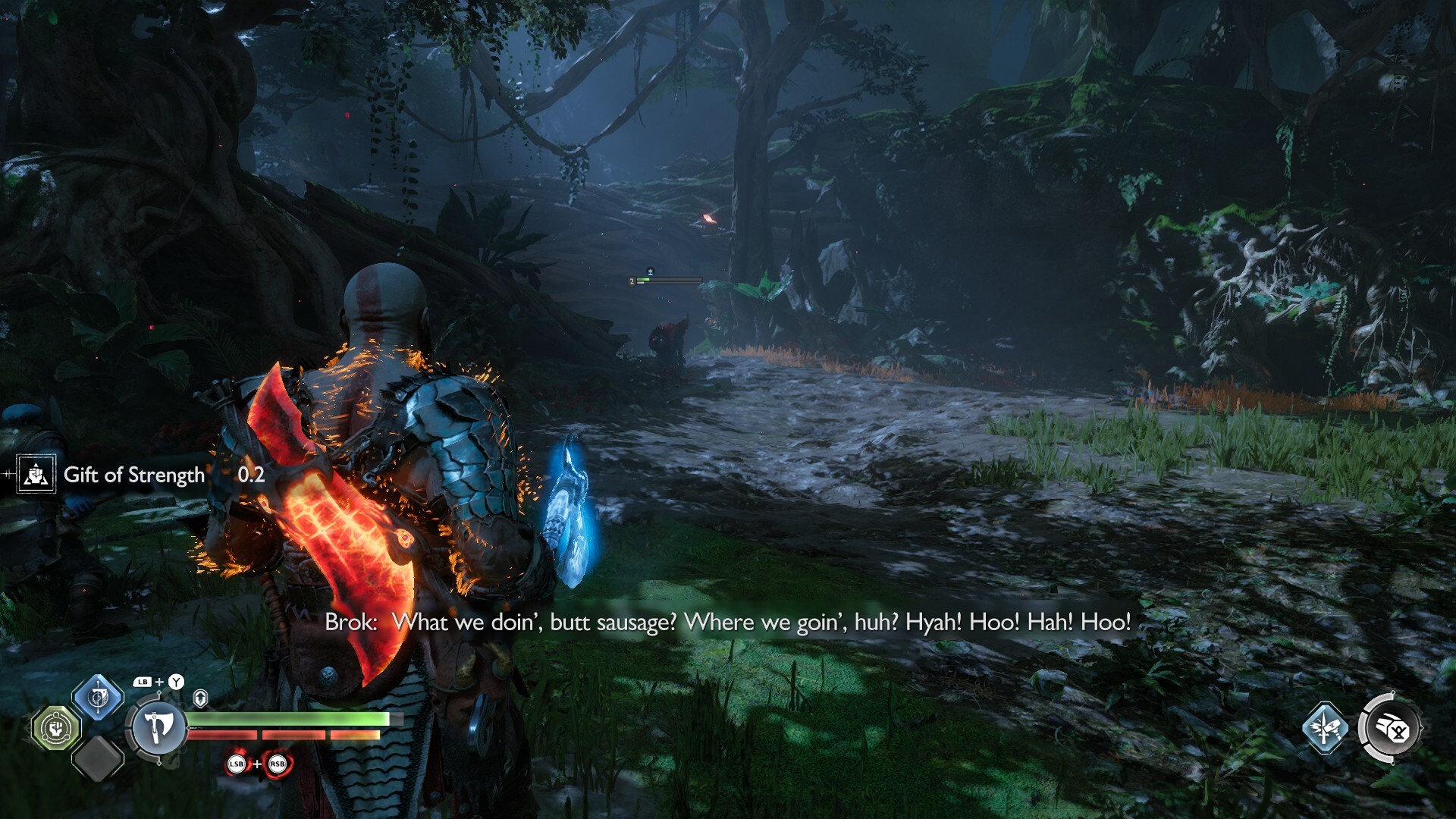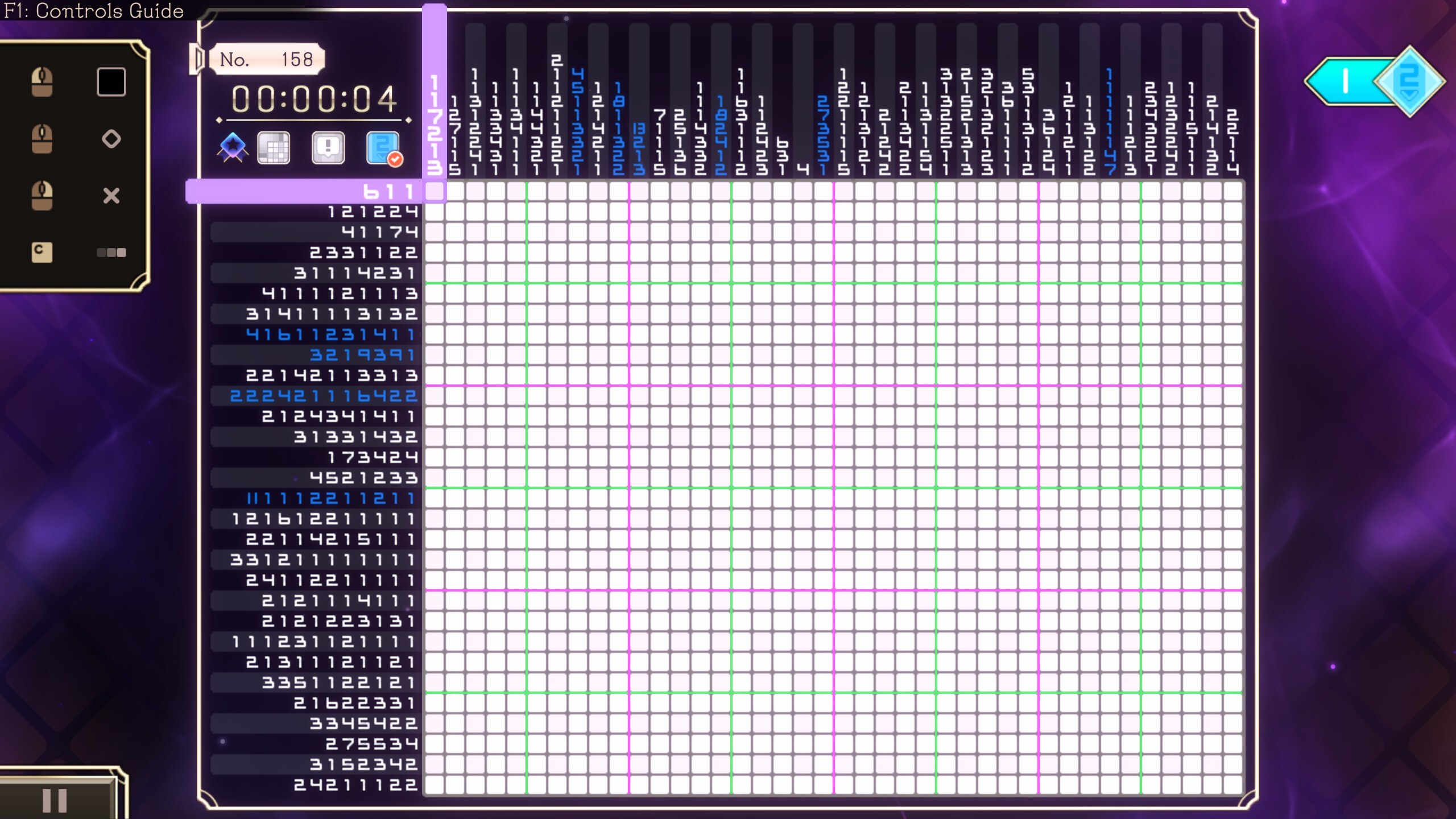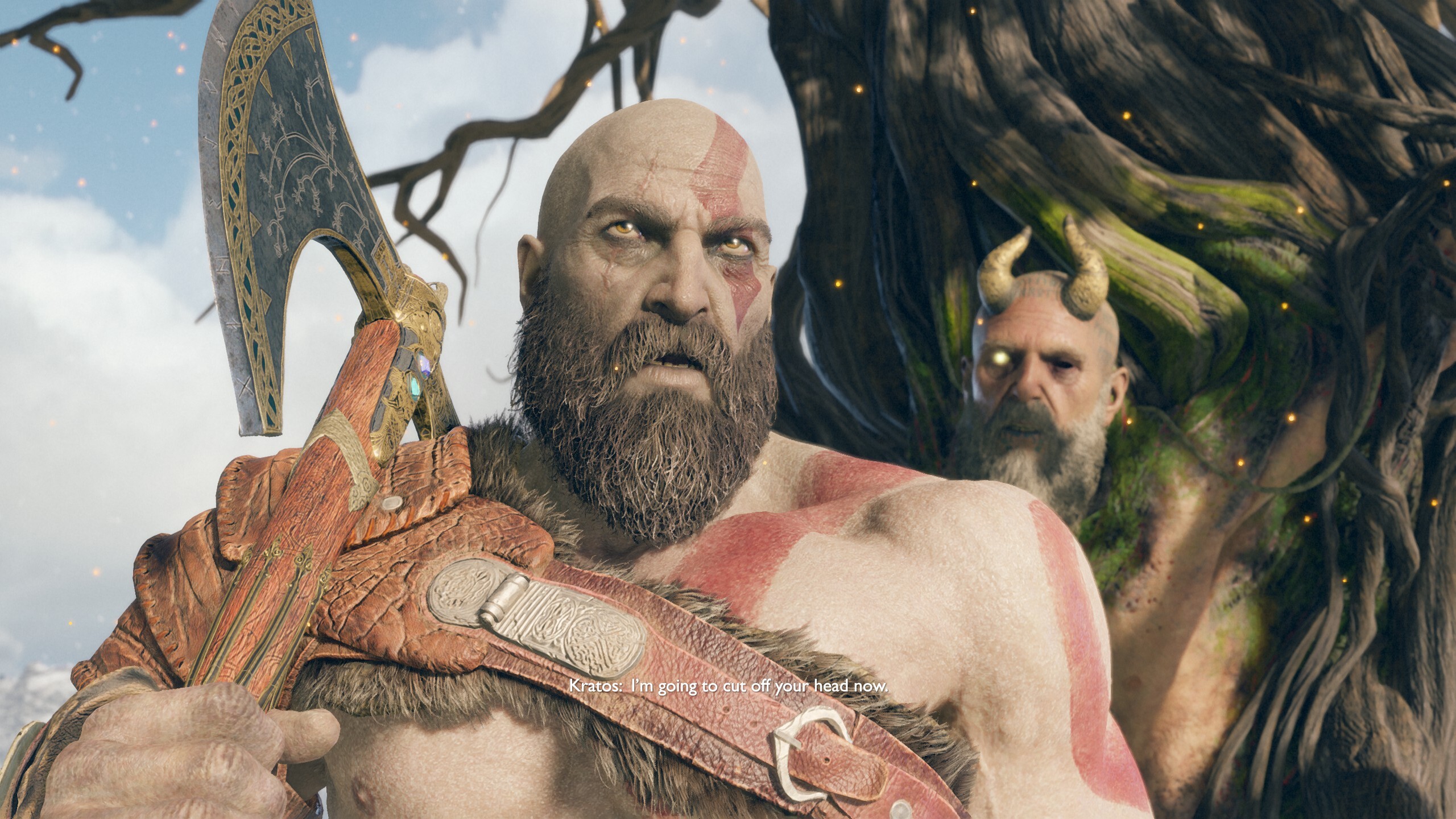Thoroughly, exhaustingly satisfactory
... what was I doing here again? ... was it building a dark matter factory? No! that's right, I was blogging about video games.
Satisfactory has consumed me over the past couple months, late into the night connecting assembly lines, and early the next morning calculating production requirements for a milestone part. It's got that same "just one more step" addictiveness that Factorio hooked me on -- and while it's easy to summarize Satisfactory as first-person Factorio, there are some differences which help sustain that addiction even longer.
One is its world map, meaning, it has a world map: a deterministic and (at least partially) hand-crafted arrangement of diverse geographic features and landmarks. It's no Hyrule or Toussaint, there's not much "story" to weave into it, but Satisfactory's map is varied and intriguing enough that - while you're searching for more resources or tracking rare collectibles - there's a sense of "new," of freshness that comes from exploring (then exploiting) its nooks and crannies.
The terrain makes great use of verticality, not just for visually-awesome cliffside beaches and towering rock pillars, but as a basis for construction gameplay. Like Factorio, Satisfactory makes you rely heavily on conveyor belts to move materials around; but being able to build them in 3D space, and thread conveyors around hills and through valleys and even caves! adds another fun, well, dimension to the construction game.
(Although I do wish Satisfactory would make it easier to build ultra-long conveyor lines, 'cause having to draw out one segment under the length limit, then another, then another... can be a bit tedious.)
Satisfactory also includes some non-conveyor-belt logistical solutions, but - with the exception of a train line that supplied distant resources to my "main" factory complex - I wasn't very compelled to use them. (I had a cargo truck following a programmed path, for a bit, but that was more trouble than it was worth; and I never even bothered trying the late-game delivery drones.)
One more non-obvious difference between Satisfactory and Factorio is combat: there are hostile alien creeps in this game, including some absolutely hateful and GIANT jumping spiders, but they naturally avoid your buildings. You need weapons to defend yourself while exploring, but your factories don't require any defensive fortification, and you're always safe while hanging out around machinery.
That enables some coziness while you're building out factories and manually assembling parts, which is ... pretty great! It may seem strange that "idling" is a positive feature of the game, since it can detract from "automating" and "optimizing" objectives -- but being able to chill and take it slow is actually kinda nice.
Like I said, first-person Factorio is a straightforward - if reductive - way to sum up Satisfactory; it scratches the same itch, but has more staying power thanks to a well-crafted world and flexible mechanical design. Almost 200 hours later, I sure am satisfied.
Better than: Factorio
Not as good as: I dunno, like, The Legend of Zelda: Tears of the Kingdom?
Now that I've got my factory-building fix: guess it's back to real-life automation work. sigh
Progress: completed Phase 5, and all production milestones and research trees in version 1.0
